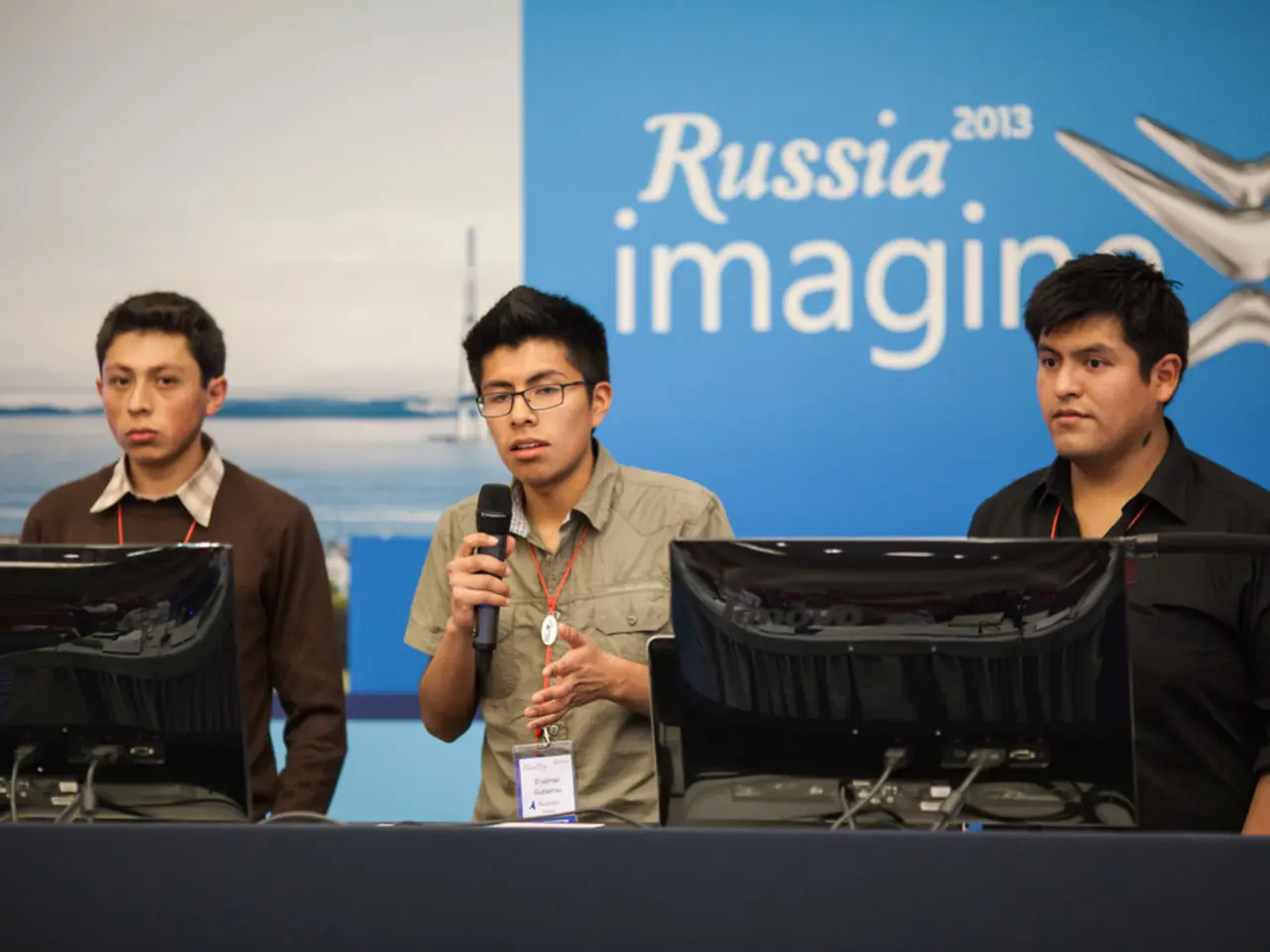AI-related invention granted patent status by the UK High Court
The UK High Court has made a landmark decision that could revolutionise the patentability of Artificial Intelligence (AI) inventions. In the case of Emotional Perception AI Ltd v Comptroller-General of Patents, Designs and Trade Marks, Sir Anthony Mann held that an AI system for providing media-file recommendations based on an artificial neural network (ANN) is capable of being patented.
The system in question is trained on pairs of media files, with one ANN analyzing files based on semantic properties and another analyzing physical properties. The improved recommendation message was cited as the technical effect by Emotional Perception.
Initially, the patent examiner regarded the invention as excluded because it was a computer program that only produced a cognitive, subjective beneficial effect. However, on appeal, the court decided that because the invention resulted in selection and movement of a file based on fulfilling criteria, it had a technical effect outside the computer and thus was patent-eligible.
This ruling aligns with the UK government's pro-AI innovation approach and its ambitions for the UK to be at the forefront of AI development. The decision is seen as positive for AI innovators, positioning the UK as an AI-developer friendly jurisdiction.
The judge's finding allows the computer program patentability exclusion to be circumvented despite the involvement of a computer program during the training stage. The hearing officer had concluded that the invention was "no more than a computer program" and the invention's contribution was "no more than a computer programming activity". However, the judge agreed with the patent applicant, Emotional Perception AI Ltd, that the invention is not a computer program.
The judge stated that the emulated ANN, although using software, operates at a different level and is not a computer program "as such". The ANN's ability to discern the semantic similarity of a file from its physical properties after repeated training is considered a technical effect, preventing the exclusion from applying to any computer program used in the training process.
The UK Intellectual Property Office has reviewed its examination guidance on patent applications relating to AI inventions due to this decision. The office has temporarily suspended the use of its examination guidelines while it considers the judgment.
This guidance from the High Court is pending potential further scrutiny or development, with the UK Supreme Court yet to deliver judgment as of early August 2025. The current guidance on patentability of AI inventions is that an AI-related invention can be patentable if it produces a "technical effect" outside the computer itself and is not merely a computer program as such. However, even inventions with technical effects may be excluded if the technical effect relates only to non-patentable subject matter such as a business method.
This ruling has wide-reaching implications and opens the door to patent protection for many AI inventions. The ruling is part of ongoing judicial efforts to clarify the boundary between non-patentable computer programs and patent-eligible technical inventions involving AI, with emphasis on whether the invention produces a tangible technical effect outside the computer.
- The UK High Court's decision in Emotional Perception AI Ltd v Comptroller-General of Patents, Designs and Trade Marks has established that an Artificial Intelligence (AI) system, even if trained using a computer program, can be patent-eligible if it produces a technical effect outside the computer, such as the selection and movement of a file based on fulfilling certain criteria.
- The ruling on the patentability of AI inventions in the UK has significant implications for the technology sector, particularly Artificial Intelligence (AI), as it potentially allows for the patent protection of many AI inventions that produce a technical effect outside the computer, thereby paving the way for further innovation in this field.




